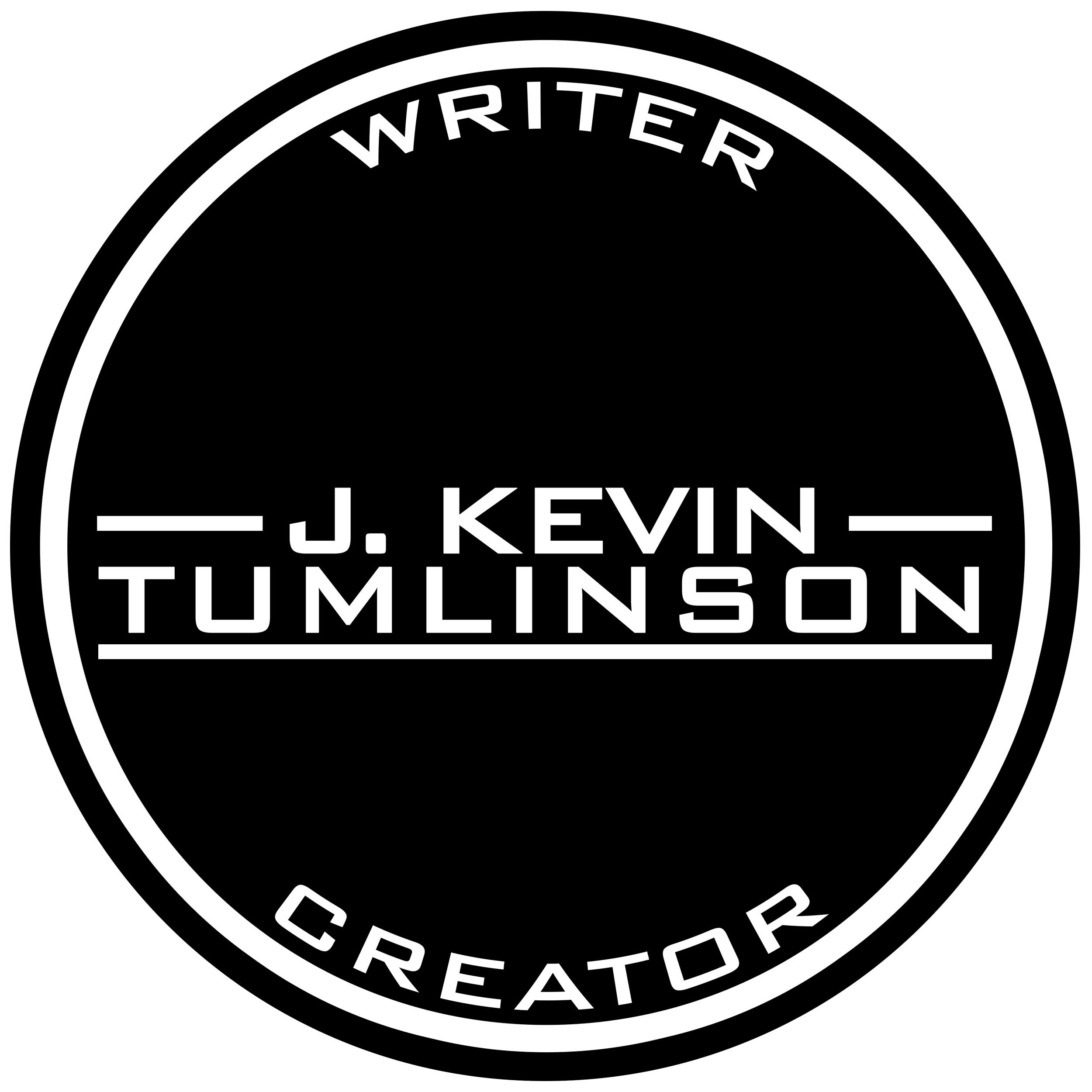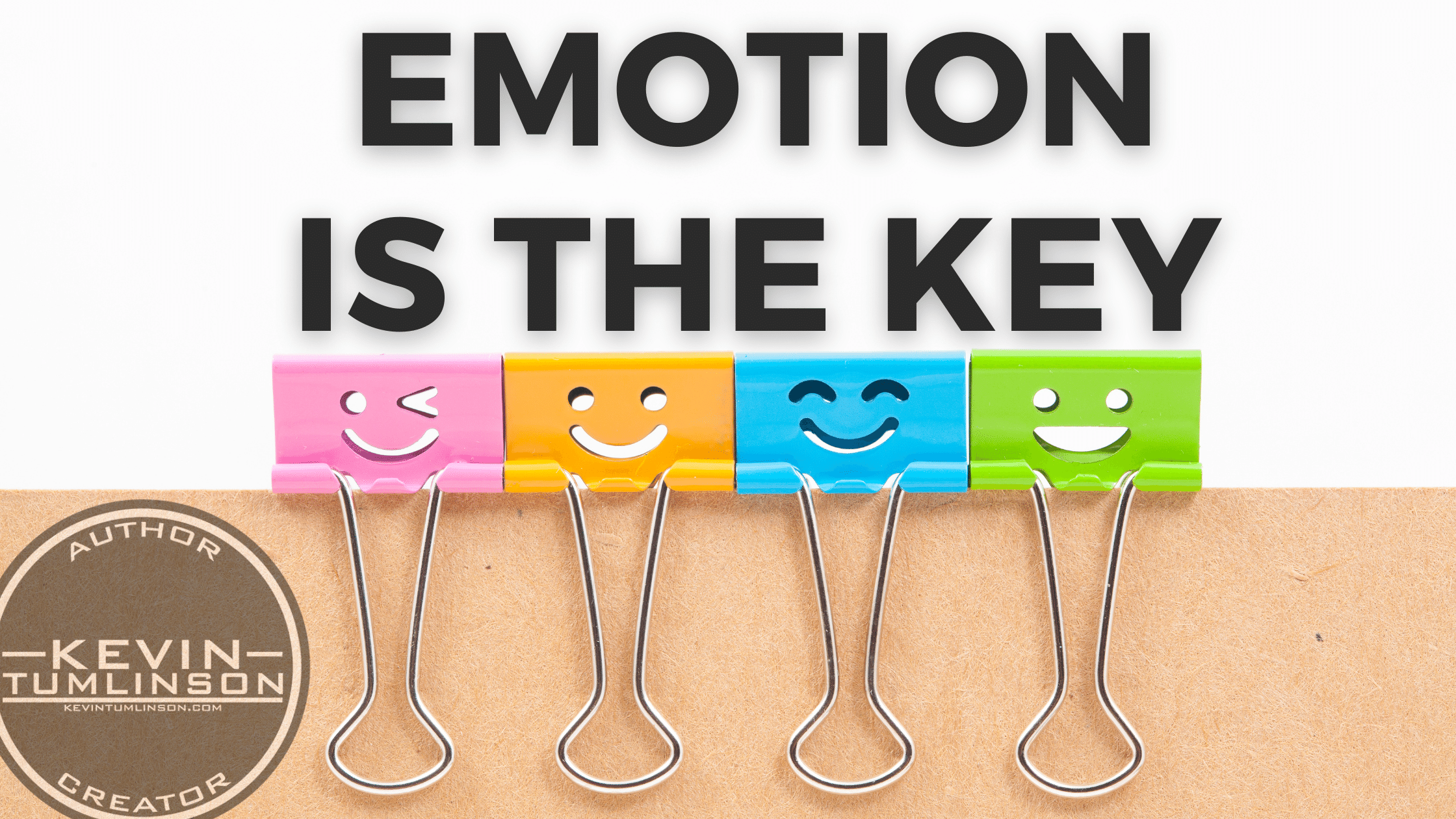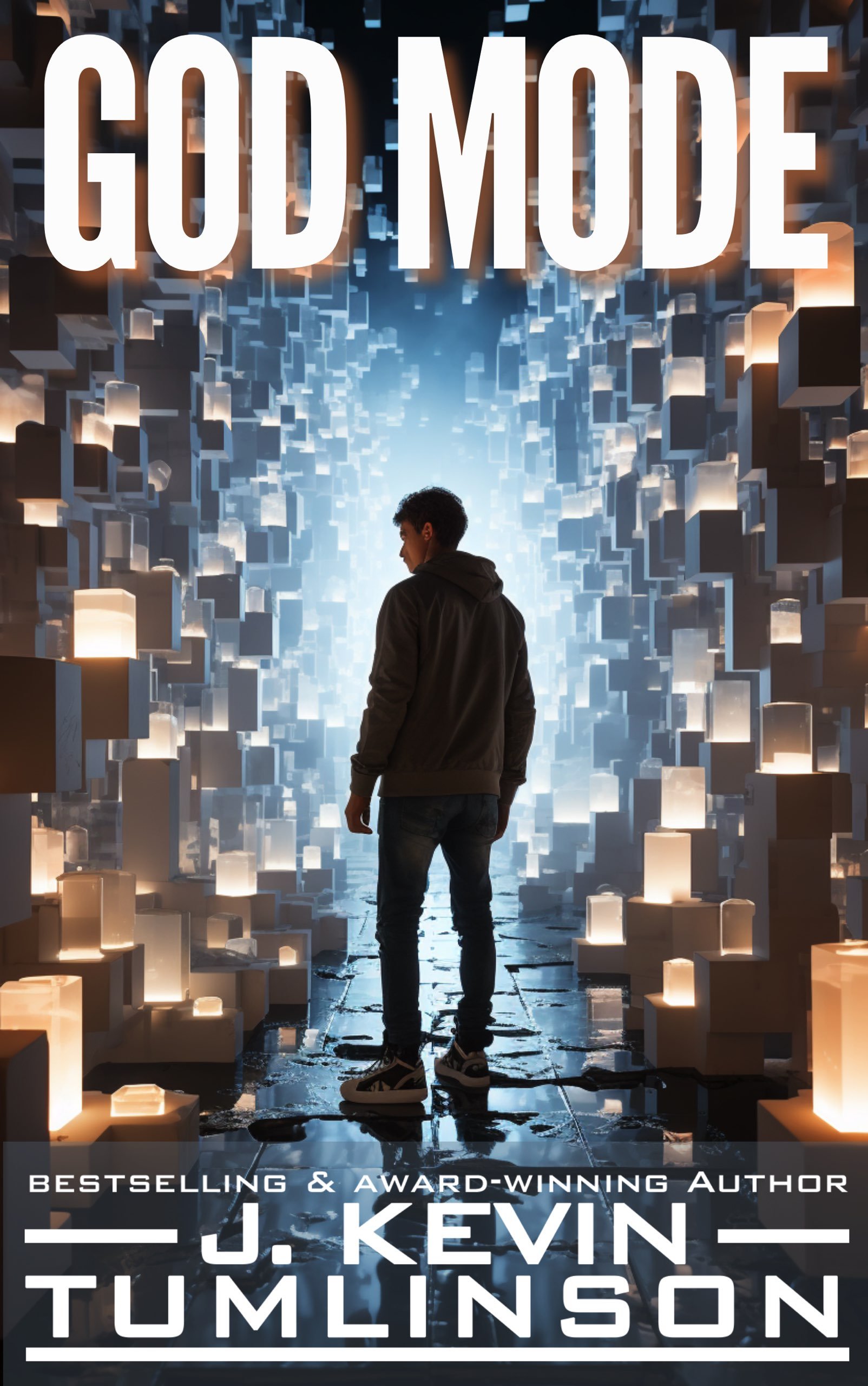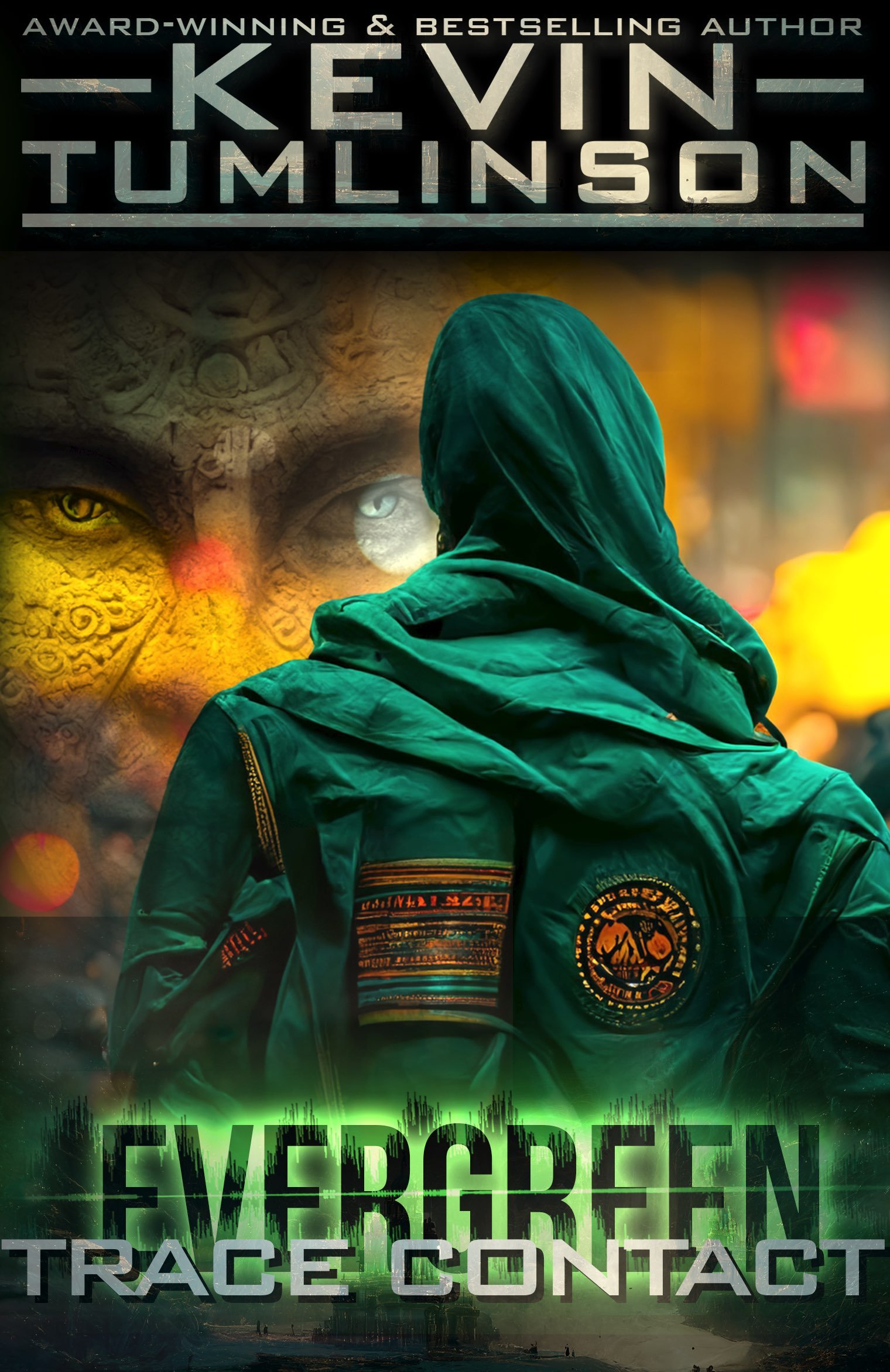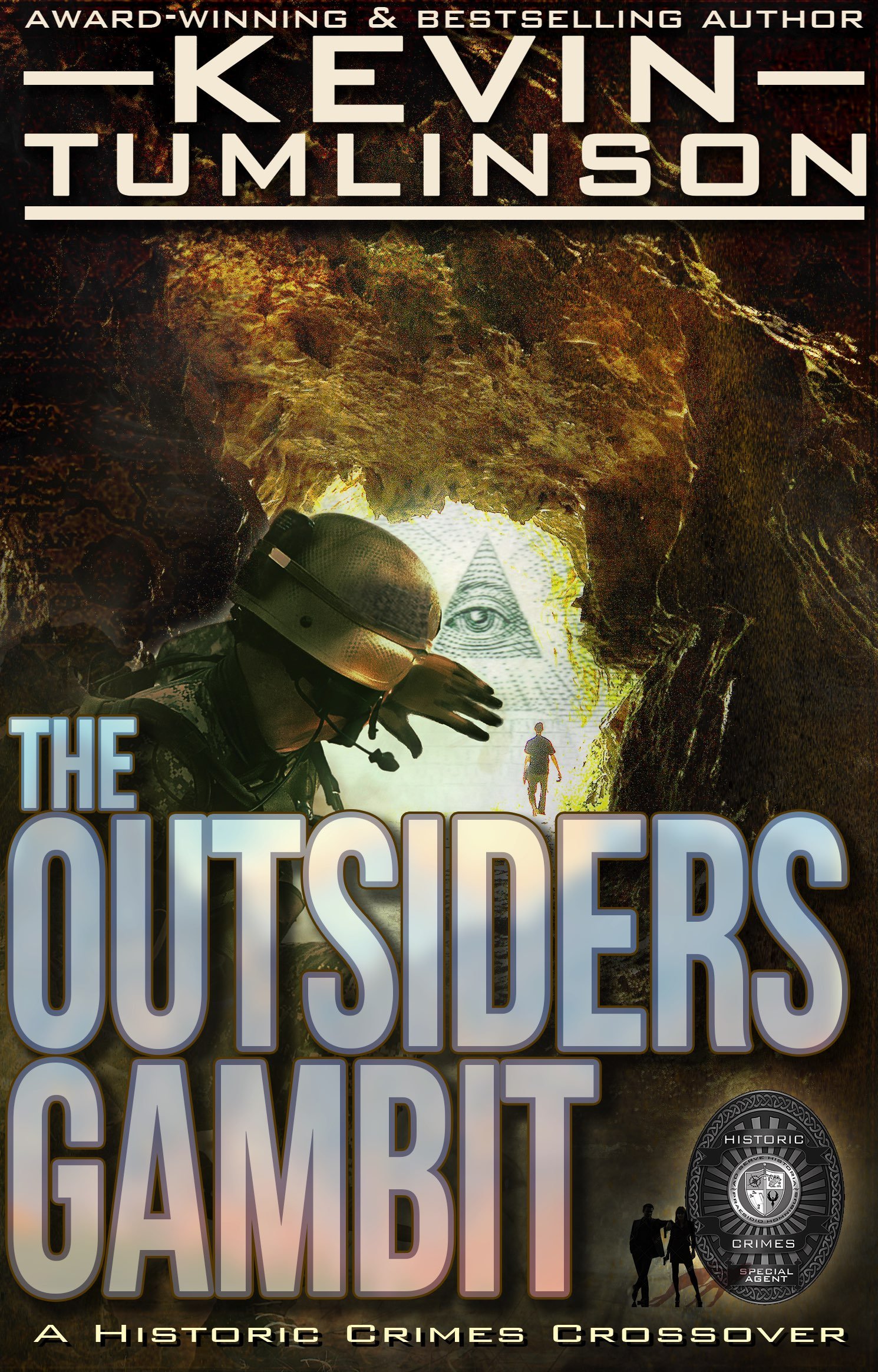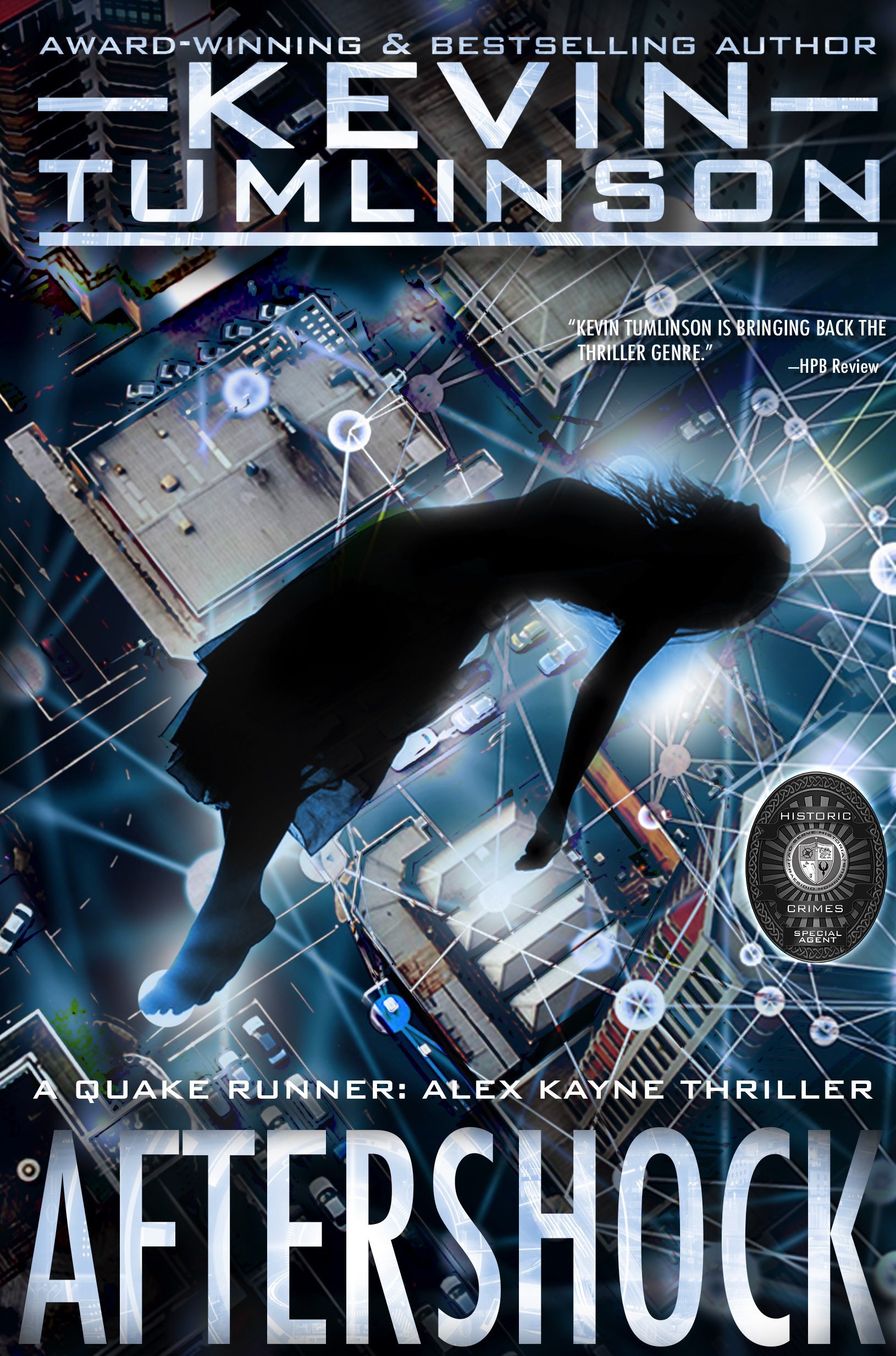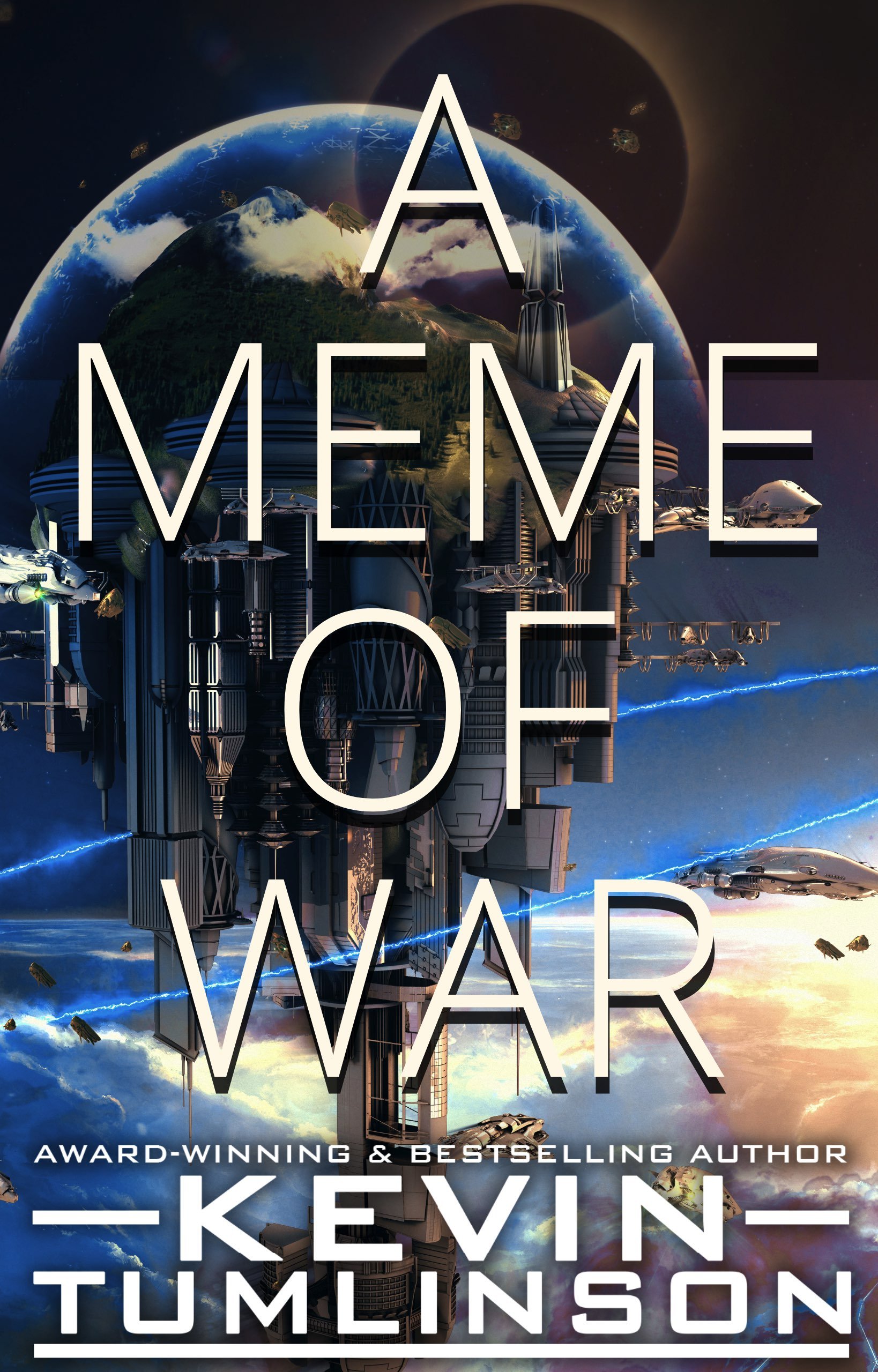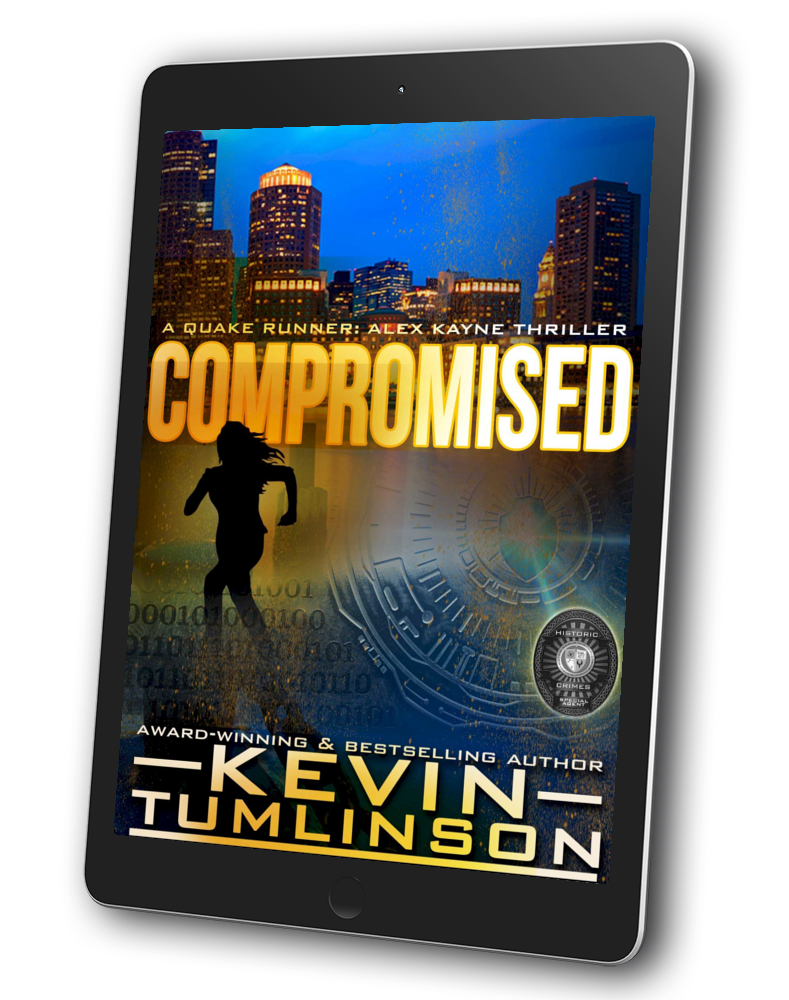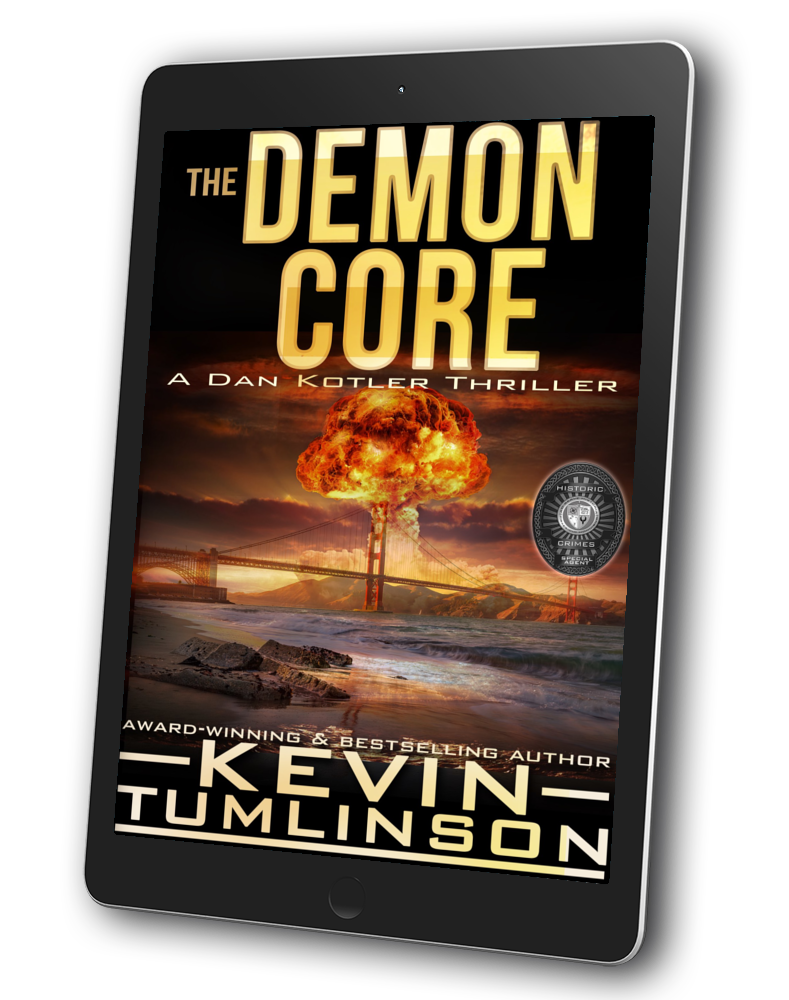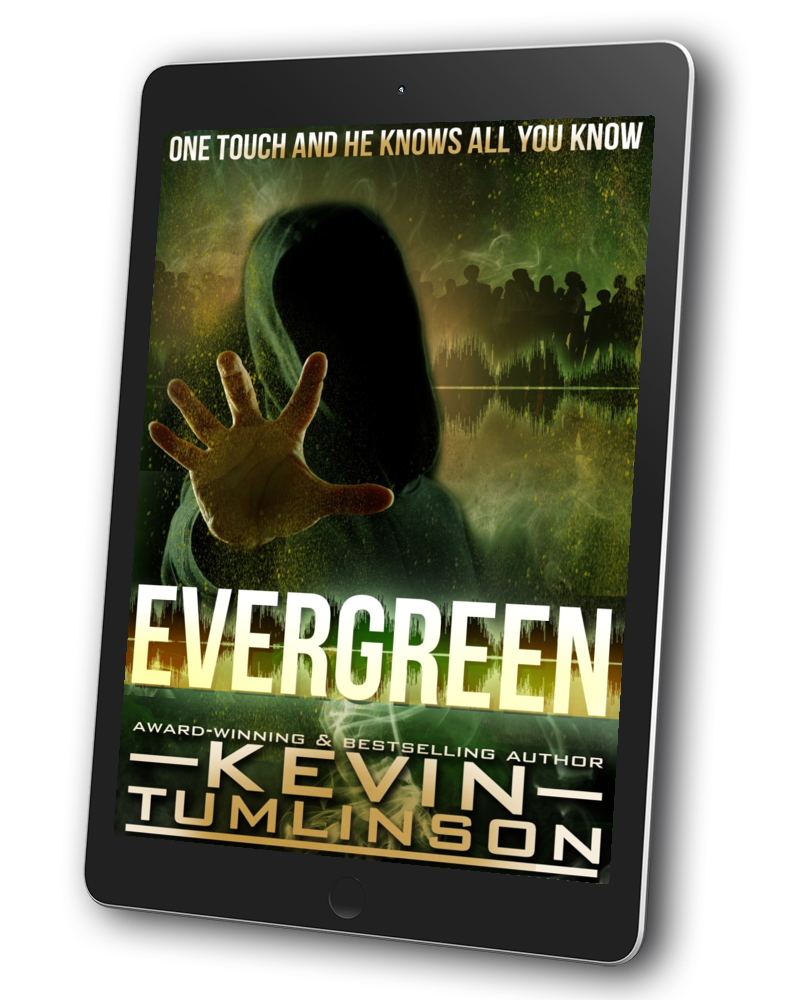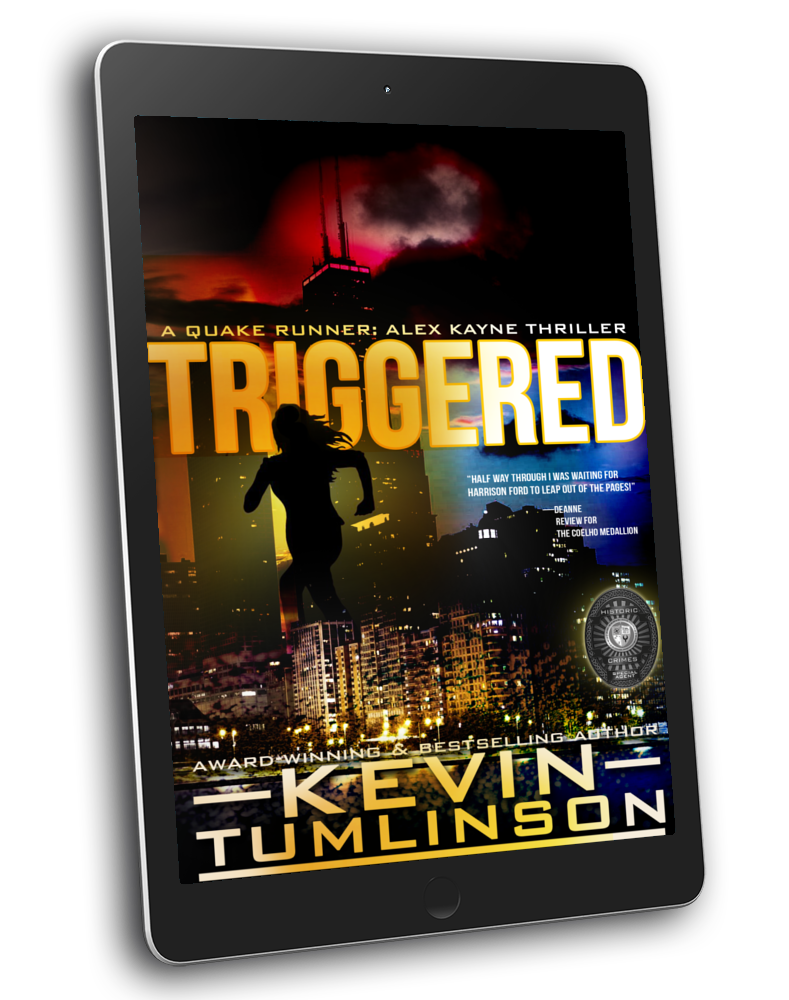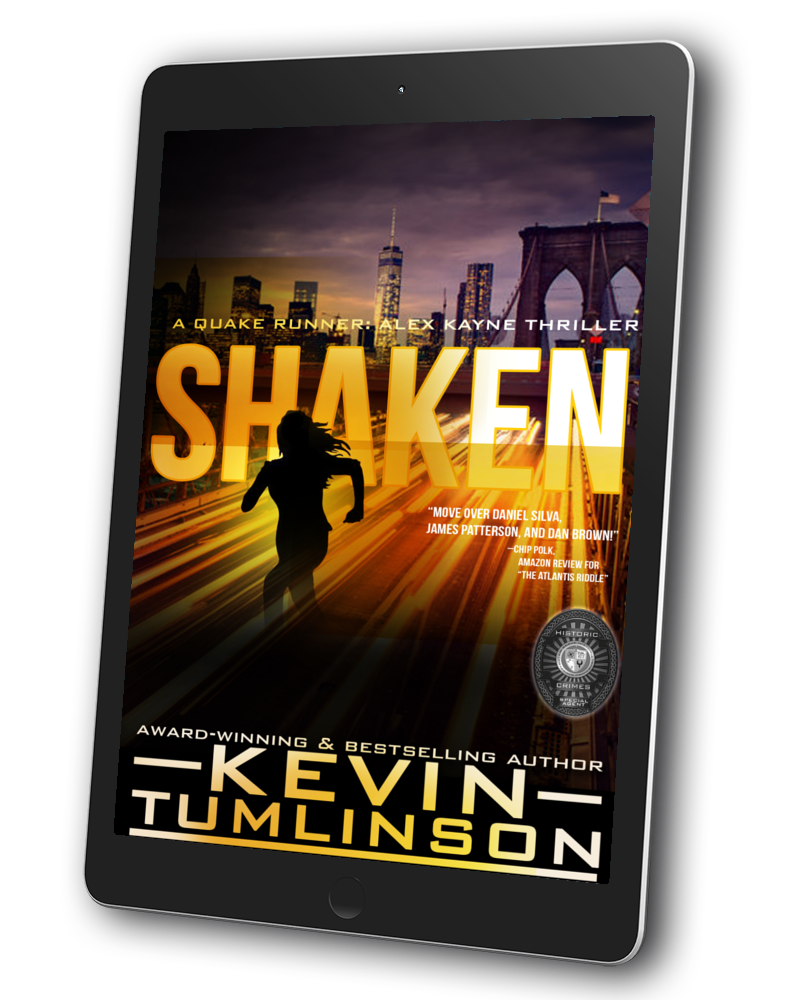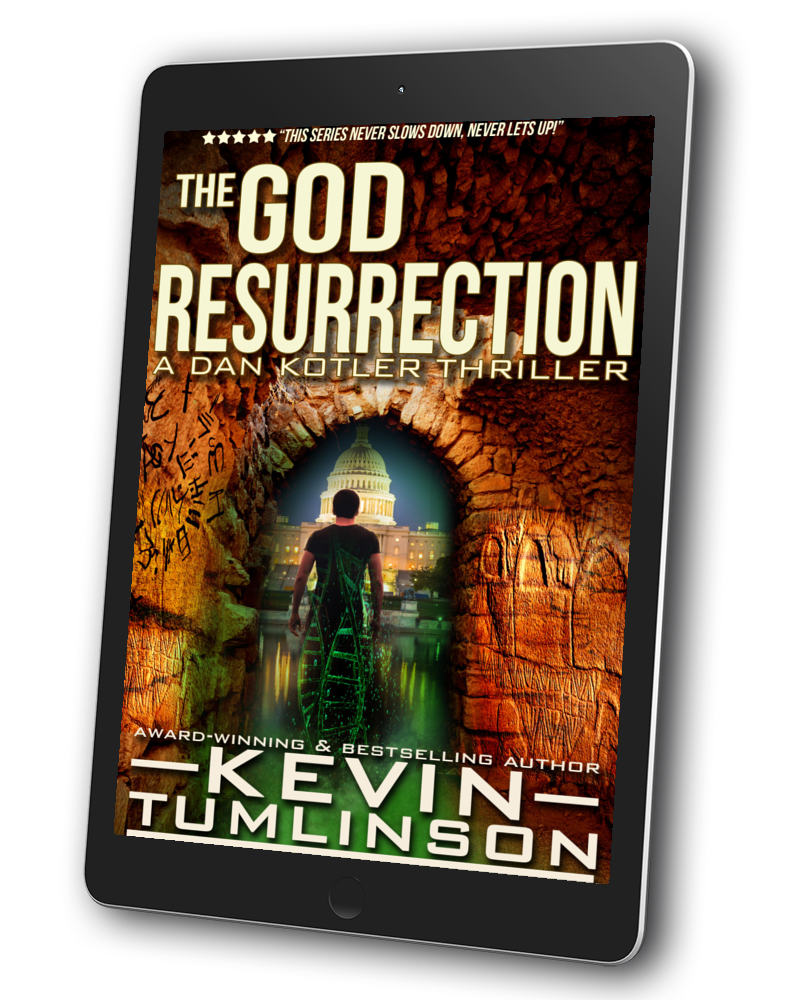Emotion is the Key
I was jotting something about this in the Moleskine this morning, and I wanted to record it here:
Our sense of the pace of time is a function of our emotions.
Emotional discipline is the key to changing your personal reality.
Control your emotions and you are free.
I’ve been reading Robert Greene’s 48 Laws of Power, and this morning’s chapter (Law 35: Master the Art of Timing) gave me further insight into our perception of time, and the relationship between the pace of time, in our experience, and our emotional state.
This is why we tend to be impatient when we are young, and tend to have more patience as we mature. Maturity is essentially another term for emotional discipline.
I’m finding that emotion turns out to be the key to practically everything. If we are emotionally disciplined, we are in control of our response to external events. Which means we control how we perceive reality and how we behave. Controlling emotion empowers us.
Controlling emotion is a foundational principle across a variety of disciplines and philosophies and spiritual practices. Christ told us to control our emotions (“fear not,” “worry for nothing”). Stoicism tells us to be emotionally disciplined. Even practitioners of the Law of Attraction tell us that our emotions are the key to knowing what we are thinking, and that controlling our emotions (experiencing joy instead of fear or worry) allows us to manifest what we want.
I think all of this is true. And it isn’t magic.
Emotional discipline does influence our perception of time. If we are emotionally disciplined, time will seem to slow down for us, which means we have more of a chance of discovering opportunities and resources we might have overlooked. Slowing time, even if it’s just in our perception of it, give us more space to think.
Emotional discipline makes us more diplomatic as well. Our reaction to others, and to the events that occur in our lives, is tempered by our emotional maturity. If we are emotionally disciplined, we control our response. We choose how we respond, rather than reacting by default. And default reaction is the fastest way to start making mistakes and building up regrets.
Our emotions really do signal what we are thinking—whether our thoughts are serving us or working against us. If we are thinking negative thoughts, we’ll feel bad. If we are thinking positive thoughts, we’ll feel good. No matter where you stand on the topic of things like “law of attraction,” you have to realize that feeling bad means your chances of making bad decision will increase, and feeling good means you’ll increase the chances of good decisions.
Think about diet and exercise. If you dread going to the gym, if you have a visceral reaction to eating leafy greens, if the idea of drinking water turns your stomach, you won’t do those things.
On the other hand, if you can get yourself excited about going to the gym, listening to some energizing music or using the time to listen to audiobooks, you’ll improve your chances of going. If you can get yourself to enjoy the texture and taste of leafy greens, you’ll eat them more often. If you learn to appreciate good, pure, filtered water, maybe on a hot day or after a workout, you’ll come to crave it and drink more of it.
All of these outcomes are a result of your emotional state. You can see that, right?
Once you realize the role that emotion plays in every aspect of your life, you start seeing that emotional discipline is self discipline. And self discipline is freedom.
Control your emotions and you will shape your life into what you want it to be.
Let your emotions control you, and you get whatever you get.
YOU ARE READING SIDE NOTES
Side Notes is an extension of my Notes at the End, which are author’s notes that appear at the end of every one of my novels. If you like these posts, you’ll love the books.
If you’d like to support me (and see more posts like this) you can do me two favors: First, peruse my catalog of books and find something you’d like to read; and second, join my mailing list to become part of an amazing community of readers and friends I interact with regularly. Thank you for your support!
